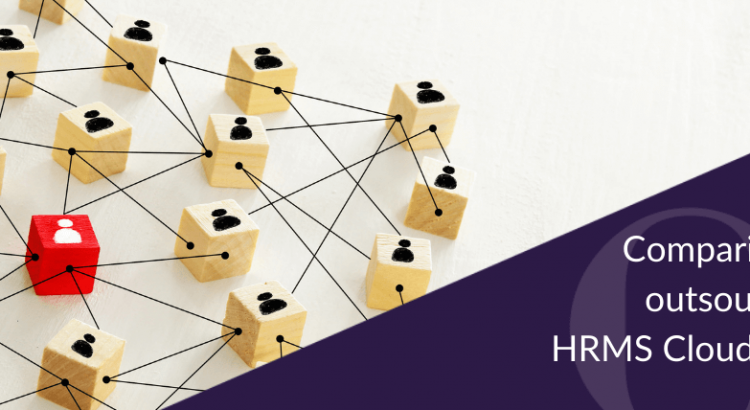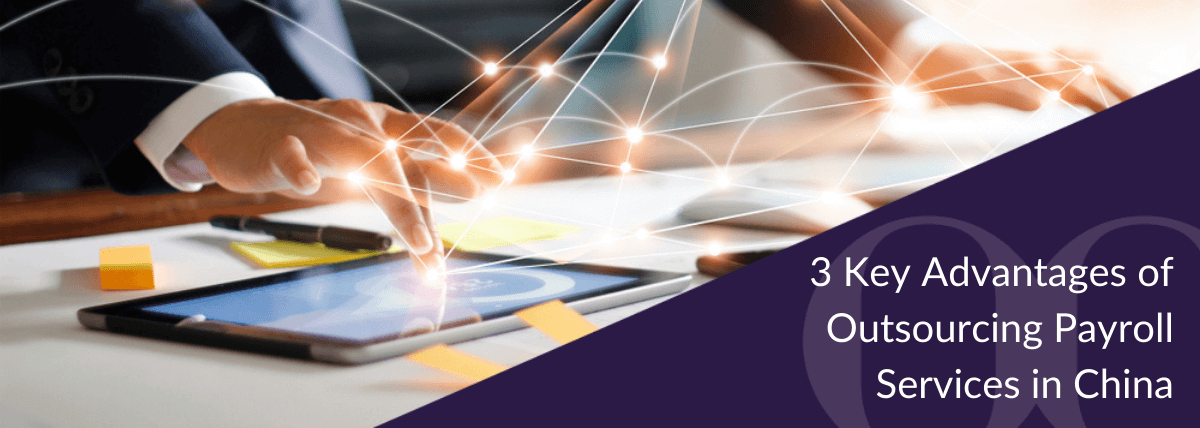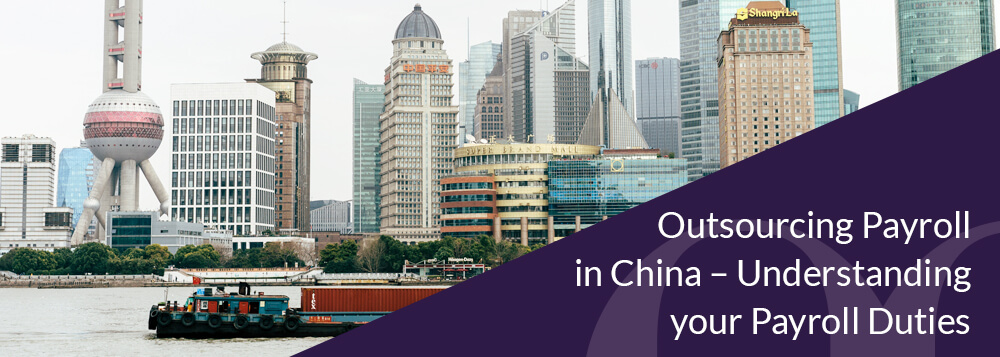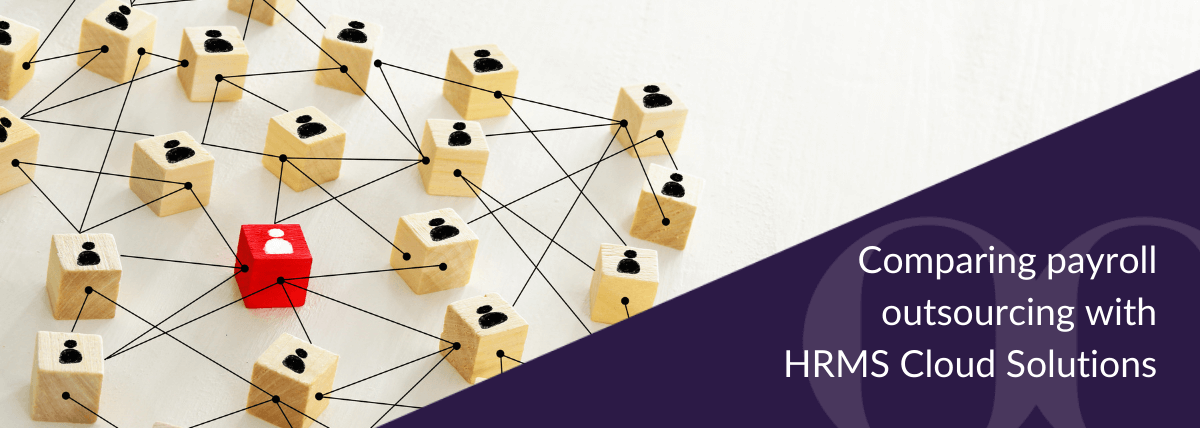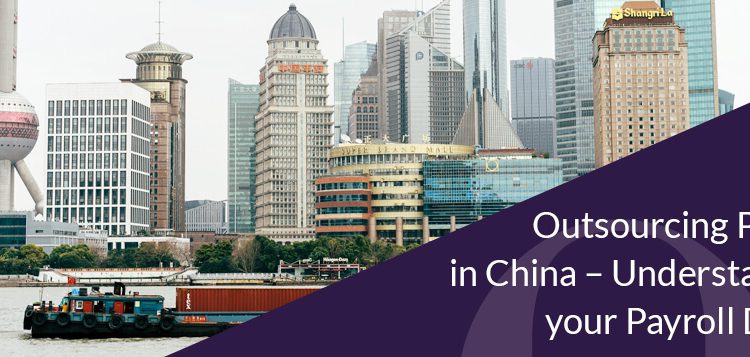Comparison Guide: Outsourcing Payroll vs HRMS Cloud Solutions
Despite the importance of payroll in a company, many businesses are still unclear on the types of payroll solutions available and how to evaluate them to determine the best fit for their needs.
To help you decide whether outsourcing payroll or adopting a Human Resource Management System (HRMS) cloud solution is better for your company, we have prepared a helpful comparison guide below. But before that, here is an overview of each solution.
What does outsourcing payroll involve?
When a company outsources payroll, it hires a specialist payroll provider to handle some, or all, of its payroll functions. Outsourced payroll providers should offer a wide range of services to allow businesses to select the options best suited to their specific needs.
Outsourcing administrative payroll functions can streamline your company’s operations, allowing your HR team to focus their time on delivering key strategic imperatives.
What does an HRMS cloud solution involve?
An HRMS cloud solution, such as BoardRoom’s Ignite HRMS, offers an all-in-one payroll platform that automates in-house payroll processing.
Typically, small businesses will choose to manage employee databases and payroll processing in-house, while the payroll software vendor will manage data backups and software upgrades.
Pricing models vary depending on the quality of the HRMS cloud solution. Most commonly, software vendors offer subscription-based, ‘pay as you go’ pricing.

A comparison of outsourcing payroll vs HRMS cloud solutions
Points of Comparison | Outsourcing Payroll | HRMS Cloud Solutions |
Suitability | Best suited to businesses that:
| Best suited to businesses that:
|
Level of in-house effort | Minimal: your payroll outsourcing vendor manages this resource-intensive administrative function for you, freeing up your in-house HR team to focus on other core business activities. | Moderate: your in-house team is still responsible for payroll processing, but they will benefit from the efficiencies created by using an automated HRMS cloud solution. |
Cost considerations |
|
|
Compliance capability | Expert level compliance capability: the best payroll outsourcing providers can minimise your exposure to costly compliance penalties and lawsuits while freeing up your HR team to focus on other core business activities. By outsourcing your payroll to our specialists here at BoardRoom, you will receive access to a team of dedicated experts who are experienced in running payroll in multiple jurisdictions and know best practice processes so that your company can stay up-to-date with any compliance and regulatory changes. | Improvement over manual processing but can be less effective than outsourcing: with a SaaS solution, manual processes are done automatically via the platform, improving the accuracy of payroll calculations. However, your HR team needs to ensure that your company remains compliant which is a very time-consuming task. In the APAC Region, payroll regulations are complex and change frequently, making it difficult for HR teams to stay up-to-date. Your in-house HR team needs to have detailed knowledge of local payroll regulations and then be able to set the payroll system up correctly and amend if any regulation changes are implemented. |
Security capability | Strong: quality payroll outsourcing providers store their data on highly secure cloud-based servers using state-of-the-art encryption. They perform regular backups to ensure that data is protected. Data protection and security are top priorities for us at BoardRoom, which is why our data centres have achieved ISO27001. Our cloud hosting has SOC 2 certification. Our team members participate in regular cybersecurity training sessions and data protection training sessions every year. | Variable: While security is primarily the responsibility of the company administering payroll, it is important to check that the SaaS solution vendor you select has appropriate cloud-based security for your data. |
Support | Comprehensive expert advice and support: the best payroll outsourcing vendors offer you the support of a team of highly trained and experienced payroll professionals, just like our team of specialists here at BoardRoom. They can answer any questions you have about all aspects of payroll and provide proactive solutions to any potential issues – all without the associated overhead costs of maintaining this level of expertise in-house. | Software support focus: when you choose SaaS option for payroll instead of outsourcing, the support you will receive is more focused on platform-related matters. Generally, you won’t receive the comprehensive advice and support offered by expert payroll outsourcing vendors. |
Looking for a payroll solution that best meets your company’s needs?
At BoardRoom, we offer the best of both worlds. Our team of experts can manage all aspects of your payroll, while our advanced HRMS cloud solution, Ignite HRMS, is an all-in-one platform that automates and streamlines payroll processing. This means that we are able to offer a seamless payroll solution for all stages of your company’s growth, from a newly established start-up to a mature multi-national corporation.
Speak to our payroll specialists today about how we can tailor a payroll solution to meet your company’s specific needs.
